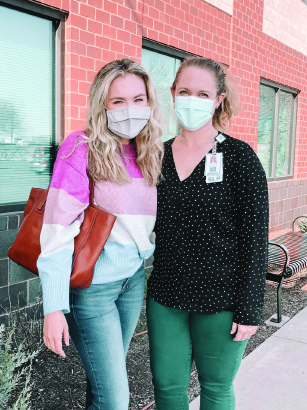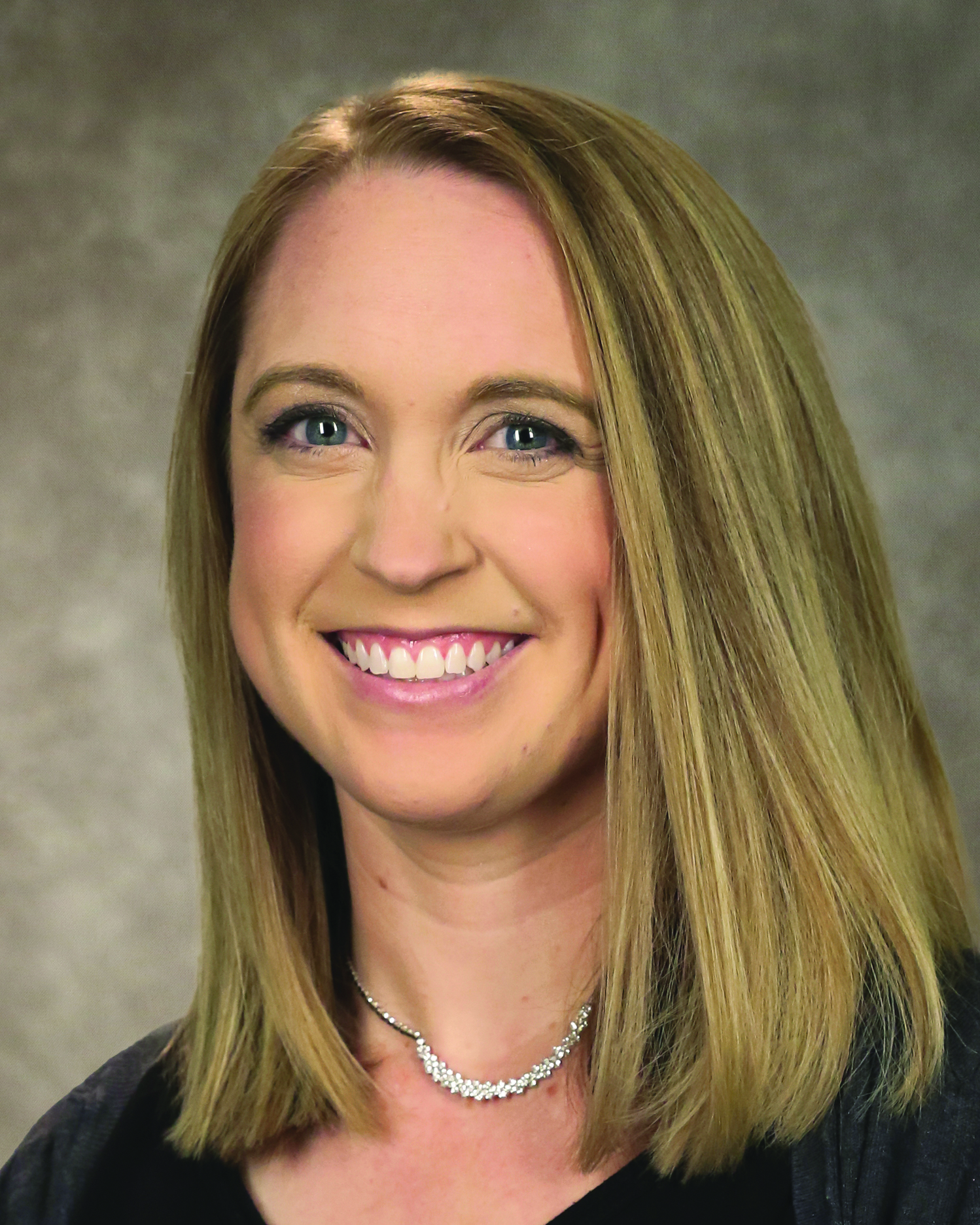When 25-year-old Alexandria Baldovinos was in a highway pileup that gave her a concussion, an ambulance took her to the hospital for evaluation. Alexandria received medical clearance and orders to rest and take muscle relaxers at home. Despite following doctor’s orders, Alexandria started to feel worse as the days passed.
Seeking Answers
A couple of weeks after the accident, Alexandria, then a substitute teacher, began experiencing dizziness, memory issues and problems with her vision.
“A year after graduating from my master’s program, I was struggling to read basic sentences. It didn’t make sense,” Alexandria recalled.
Her symptoms worsened, and she started having chronic headaches and social anxiety. Concerned, she saw a concussion specialist who diagnosed her with post-concussion syndrome and referred her to North Kansas City Hospital’s cognitive rehabilitation program.
Gaining a Path
At the time Alexandria started rehab, the concussion was affecting all aspects of her life.
“Whether it was working or making a run to the grocery store, everything was difficult,” Alexandria remembered.
Adding to her frustration, she didn’t initially understand why she was assigned a speech-language pathologist. She wasn’t having speech issues, so the referral came as a surprise.
Health Expert

Stephanie Ramirez, MA, CCC-SLP, CDCS
Brain injuries are common. Remember to build up survivors and provide support for those living with a brain injury.
Find effective ways to heal and connect with people who share similar experiences. Register for the free online Brain Injury Support Group at nkch.org/BrainTrauma.
As a speech-language pathologist, my scope of practice involves everything from the neck up,” explained Stephanie Ramirez, MA, CCC-SLP, CDCS, a speech-language pathologist at NKCH.
This includes speech but also language, attention, memory, problem-solving, voice and even swallowing.”
Stephanie began by introducing Alexandria to memory aids. With a variety of tools and exercises, Alexandria’s memory began to improve.
Keeping the Faith
Alexandria turned a corner during cognitive rehab. After learning more about her condition, she got a job that better fit her needs and eased some of her work stress.
Even after successfully completing rehab, Alexandria sometimes feels like she’s taking one step forward and two steps back. She wants people facing similar challenges to know setbacks are normal.
“I look fine to the outside world, but I struggle sometimes,” Alexandria said. “Even on days when progress comes slow, I just remind myself to not feel bad and to keep the faith.”
Explore More
Our speech-language pathologists can evaluate your condition and create a personalized therapy plan to improve your skills. Learn more about our services.
Related Articles

March 8, 2020
3 Sneaky IBS Triggers
For people with irritable bowel syndrome, spring may spark a flare-up in symptoms

June 4, 2024
5 Consejos Sobre Nutricion para un Estilo de Vida Mas Saludable
Una alimentación saludable y una nutrición adecuada desempeñan un parte importante a la hora de mantener una buena salud. Aquí le mostramos cómo mejorar sus hábitos nutricionales.

May 30, 2024
5 Nutrition Tips for a Healthier Lifestyle
Healthy eating and proper nutrition play a big part in maintaining good health. Here's how to improve your nutrition habits.


